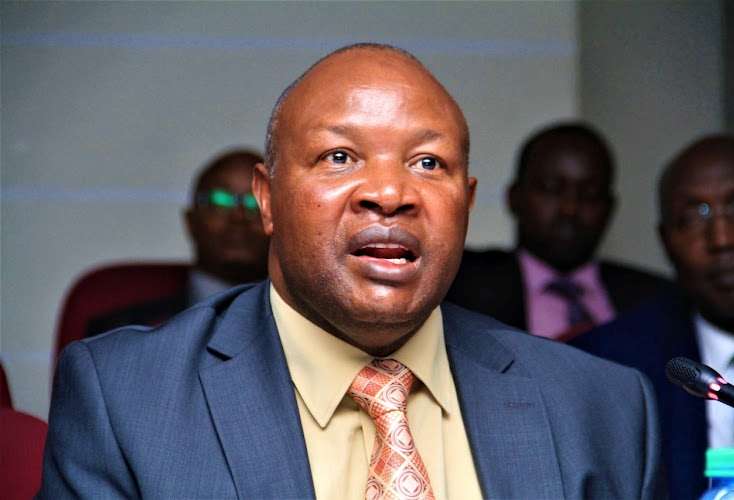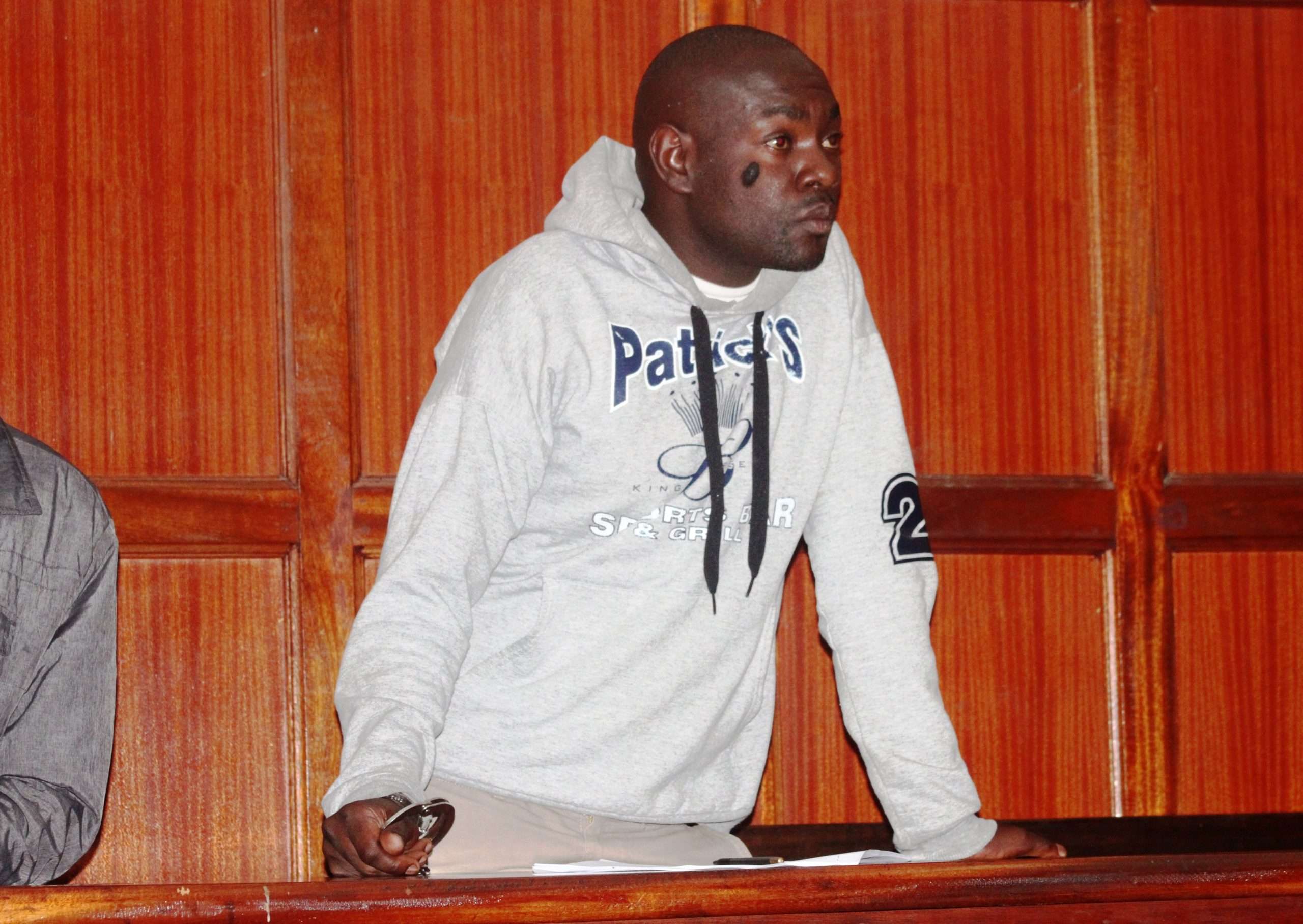Former Kericho Governor Paul Chepkwony could soon be subjected to investigations by law enforcement agencies in the wake of revelations of malpractices during his term in office. Mr Chepkwony is alleged to have approved payments which may have led to the loss of public funds, according to the Auditor General’s report.
The report reveals that he approved Ksh. 3,741,750 to be spent on accommodation and allowances for conference facilities and workshops to review CEC minutes in Kisumu, a consultative meeting budget in Mombasa and an ad hoc committee meeting in Nairobi to discuss the collapse of an apartment in Kericho!
The expenditure was made contrary to Treasury Circular No.20/2015, Ref.No.ES 1/3 “J” (79) of 4/11/2015 paragraph 12 on workshops and retreats which requires that all workshops and retreats with majority participants drawn from one duty station, be held within the precincts of the duty station.
It has also been discovered that his administration did not put in place serious controls over the use of fuel and lubricants which was open to abuse. His administration approved Ksh.32, 565,542 to be incurred on the purchase of fuel, oil and lubricants although some departments did not maintain a fuel register against which the statements are reconciled and balances determined. In the circumstances, the effectiveness of controls on the purchase and use of fuel could not be confirmed.
Further, Ksh. 11,624,964 was paid to some officers for entertainment during the year, no documentation or explanation was provided to support the payments. A review of the payroll for June 2022 revealed that the County Executive had 2,530 permanent employees out of whom 2,280 or approximately 90% were from the dominant community, contrary to Section 7(1) and (2) of the National Cohesion and Integration Act, 2008 which stipulates that all public establishments shall seek to represent the diversity of the people of Kenya in the employment of staff and that no public establishment shall have more than one-third of its staff from the same ethnic community.




